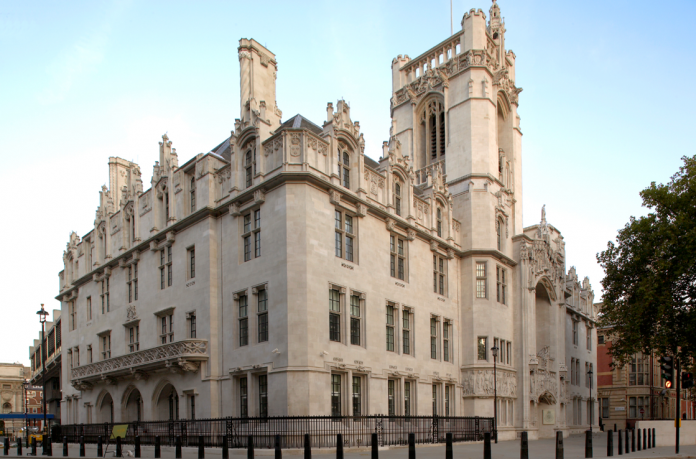The UK Supreme Court ruling on holiday pay for a zero-hours teacher will likely have a major effect on UK EFL, Gemma Woodhouse, a partner specialising in education and employment at law firm Penningtons Manches Cooper has confirmed to the Gazette.
The court’s decision in the case of Harpur Trust v Brazel found that under English law the holiday pay of a part-year or zero-hours worker receiving variable pay based on the hours worked cannot be set in pro rata proportion to colleagues who work a full year, effectively ruling out the practice of automatically accruing holiday pay at 12.07% of earnings, even in the case of summer school staff on short-term fixed contracts.
For year-round schools employing zero-hours teachers the basic principle as outlined in the same case at the Court of Appeal is simple: establish the weekly pay for each worker and multiply it by 5.6 weeks, which is the statutory minimum holiday for all zero-hours and part-year workers and not just for full-time, permanent staff.
As Gemma Woodhouse explains, the statutory method for calculating the average weekly wage has changed. “A week’s pay is an employee’s average weekly pay. This is calculated by looking at the pay received in a 52-week period and dividing that by the number of weeks worked in that period, whereas prior to the Brazel case most employers would have looked at the total pay received in a year and divided this by 52, regardless of whether or not an individual worked each week in the year.”
Dividing total pay by 52 gives you a pro rata rate of 12.07% of the salary. Under the new ruling, staff who work fewer weeks may now be entitled to a higher percentage of their salary. In Brazel, the teacher worked 33 weeks a year, which gave her an entitlement of over 17% of her salary in holiday pay.
So what about summer schools? Out of 20 summer schools advertising on tefl.com on August 1st, half specified 12.07% and two quoted a wage inclusive of 12.07%. The rest made no mention of holiday pay. Will they too be impacted by Brazel?
“The judgment does not affect individuals on short-term non-permanent contracts,” Woodhouse explains, but notes: “In this situation, holiday pay calculations will depend on the length of the contracts in question and we would recommend that employers obtain legal advice in relation to the relevant individuals to assess if they are affected by the decision or not.”
Does this mean year-round schools can offer a series of short-term zero-hours contracts? Woodhouse advises caution: “The decision in Brazel could well apply to teachers who have a series of zero-hours short-term contracts if they do not receive holiday pay at the end of each assignment.”
And since holiday pay must be paid at the time when the worker is taking a holiday, presumably teachers would have to take holiday time at the end of each assignment too.
Woodhouse points out another problem: “There is also potential for a series of short-term appointments/contracts to give rise to a deemed longer-term contract and/or employment rights, which may change the position.”
Penningtons, which has represented the industry association English UK in past cases, again advises that “employers take independent legal advice in respect of the exact arrangements that they have in place”.
In the meantime, any employer still using 12.07% for holiday pay calculations should be aware that the Supreme Court ruling is retrospective. However, according to barristers at the Nine St John’s Street Chambers, an employee must make a claim at an employment tribunal within three months of the last underpayment of holiday pay and there is currently a two-year limit on the period they can claim for.
Gemma Woodhouse can be contacted at Gemma.woodhouse@penningtonslaw.com
or telephone 0118 402 3842.






